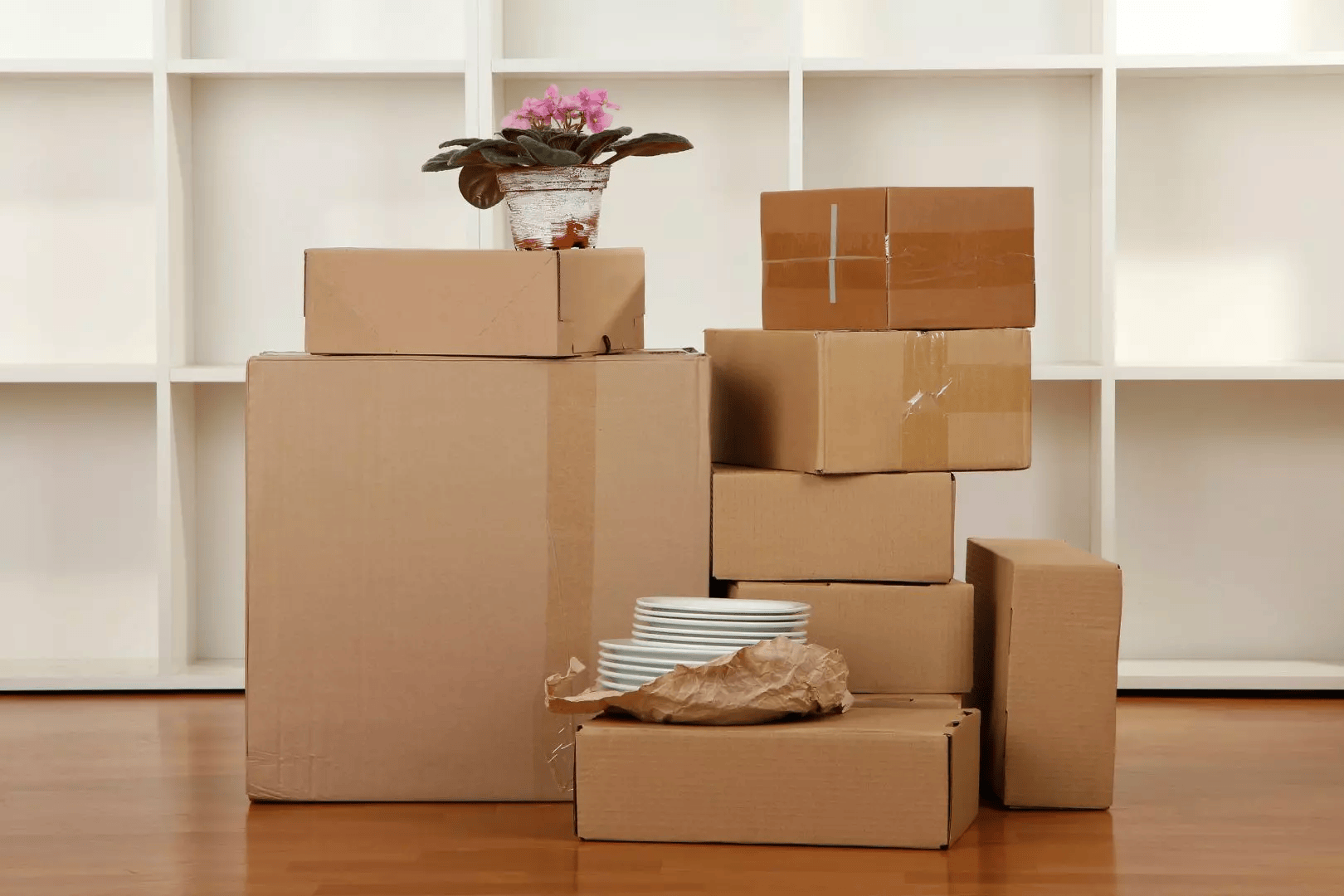Improve your waste disposal habits with our 'What Is Domestic General Waste' guide. Learn to categorise and manage your rubbish efficiently for a greener future.
When discussing household rubbish management, understanding domestic general waste is essential. This article explores what constitutes general waste, how it is categorised, and ways to reduce its impact on the environment. By clarifying common misconceptions and providing practical tips, the article aims to help readers improve their waste disposal habits and contribute to a more sustainable future.
What Is Classed As Domestic General Waste?
Domestic general waste refers to rubbish that cannot be recycled or composted. It includes various types of non-recyclable waste produced in households, such as plastic bags, crisp packets, and contaminated paper. Unlike food waste or recyclable waste like glass bottles and jars, general waste is not sorted for reprocessing and is disposed of in landfill sites. Households typically use general waste bins for this type of rubbish, which are collected by local councils during waste collection services.
To maintain effective waste and recycling practices, households should check with their local councils to understand what items should be placed in general waste bins. By knowing what is classed as domestic general waste, individuals can manage their household rubbish more efficiently and reduce the amount of rubbish sent to landfills.
Types of Waste Categorised as General Waste
General waste includes several types of items commonly found in homes. These items are neither hazardous waste nor suitable for standard recycling bins. Examples of general waste include non-recyclable plastics like plastic bags, food packaging, and nappies.
Other items include polystyrene packaging, broken glass that can't be recycled, and certain types of textiles. While paper and cardboard are usually recyclable, contaminated items like greasy pizza boxes may end up as general waste.
Non-recyclable paper products are another example. Properly sorting household waste helps prevent recyclable items from ending up in general rubbish.

How Is General Waste Collected and Disposed Of?
General waste collection usually occurs weekly or fortnightly, depending on local council regulations. Rubbish is placed in general waste bins or black bags, which are then collected by council services. These collection services ensure that household rubbish is transported to waste disposal facilities. At these facilities, rubbish is either sent to landfill sites or treated using other waste disposal methods.
Unfortunately, most general waste ends up in landfills, where it can take years to decompose. This process can have adverse environmental effects, releasing greenhouse gases and taking up valuable land space. Some areas are now adopting advanced waste disposal technologies, like energy recovery, to reduce landfill reliance. Residents can check their local council's waste collection schedule and participate in any initiatives to minimise general waste.

Ways to Reduce General Waste in Your Home
Reducing general waste at home requires a combination of good habits and conscious decisions. Start by assessing your household waste and identify areas where it can be reduced. Opt for reusable items instead of single-use products; for example, use cloth bags instead of plastic bags.
Engage in waste and recycling practices by setting up designated bins for recyclable waste such as glass bottles, plastic bottles, and paper and cardboard.
Check product packaging for recycling labels to ensure that items are disposed of correctly. Composting food waste can also minimise the rubbish that ends up in your general waste bin.
Common Misconceptions About General Waste
Many people have misconceptions about what constitutes general waste, leading to improper disposal and increased landfill waste. One common misunderstanding is that all plastics are recyclable. In reality, many plastics, including certain food packaging and plastic bags, belong in general waste bins. Some people also mistakenly include food waste in general rubbish when it can often be composted or thrown into food recycling bins. There's also a belief that general waste is sorted manually for recycling, but this is not usually the case.
Once general waste is collected, it is rarely separated from recyclable materials. Moreover, items such as glass bottles and jars, as well as paper and cardboard, are often best sorted into recycling bins rather than general rubbish.
Welcroft Lee Logistics delivers dependable house removals with a focus on efficiency and customer satisfaction. From full home relocations to smaller moves, our local specialists are committed to managing your belongings safely and professionally.






